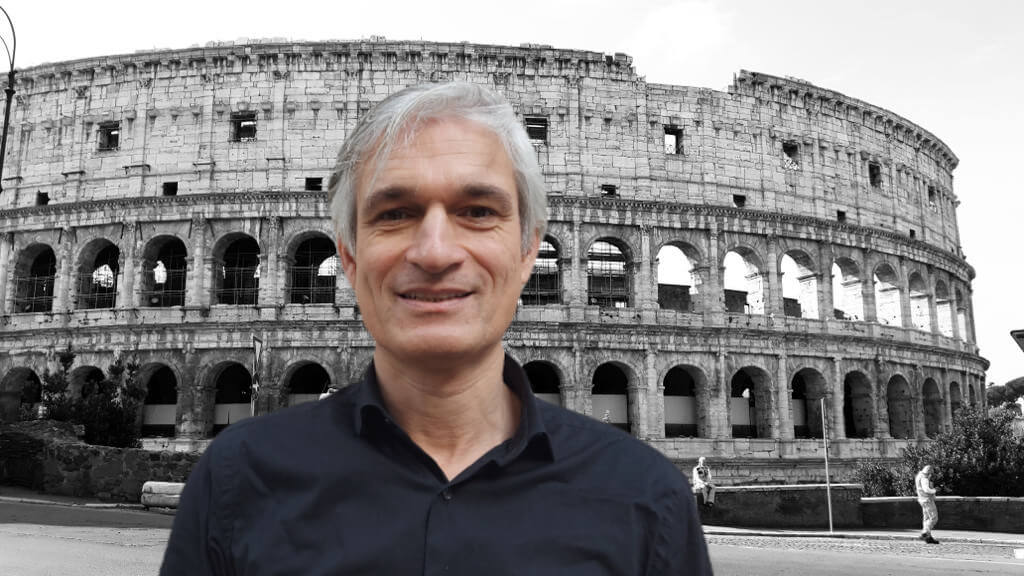
The Italian box is called “PerTravel” (where ‘per’ stands for preservation, conservation) and is equipped with technological equipment, sensors in particular. These enable the condition of organs and tissues to be monitored during transport.
Temperature control
The added value that the PerTravel box offers over current transport devices is the ability to monitor and measure in real time the fundamental properties of the organ. First of all, this concerns the temperature. Human organs and tissue are highly sensitive to thermal fluctuations. The slightest change in temperature can compromise the organ, and hence the success of the transplant.
Vibrations and shocks
The box for organ transport that is currently prevalent has a refrigeration system that is unable to guarantee perfect cooling and preservation of biological material. By contrast, the temperature is constantly monitored in the PerTravel. In addition, a triaxial (three-axis) accelerometer records the vibrations and shocks and mechanical impulses during transport. This detects the stresses that the box is subjected to
Innovative box
To the best of our knowledge, PerTravel is unique in its kind. “After analyzing the level of technology in the field of organ transport equipment currently on the market, our box really stands out,” Chiara Bosso tells Innovation Origins. Bosso designed the box on behalf of La Fondazione D.O.T. Donazione Organi Trapianti Onlus (Organ Donation and Transplantation Foundation) of the Piedmont region in Italy. “PerTravel is truly innovative especially in its use of sensors and monitoring, its low weight and the general management of the box and its data,” Chiara Bosso explains. If the feasibility study gets the green light, the first PerTravel could be put into service by the end of this year.
Also read about how drones can be used in organ transport.



